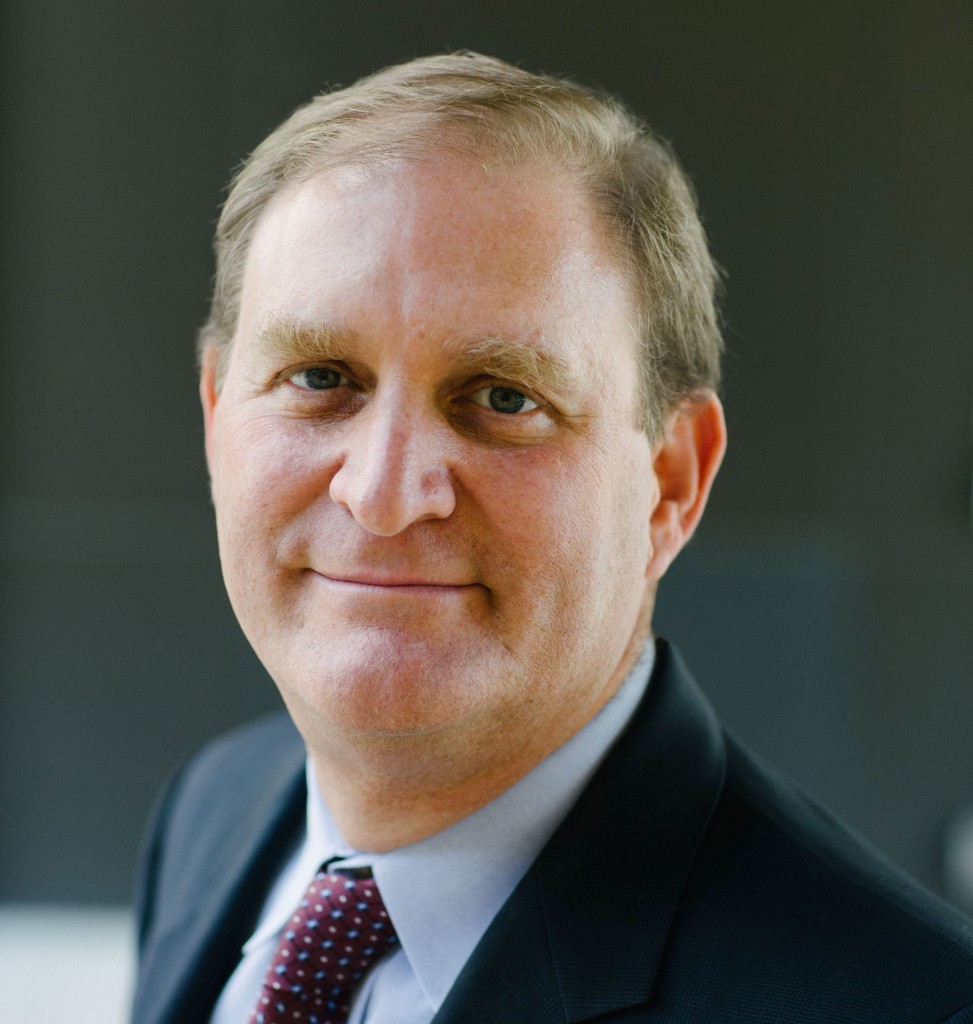SLS Professor Nathaniel Persily Awarded Carnegie Fellowship

STANFORD, Calif., April 19, 2016 – Stanford Law School Professor Nathaniel Persily, JD ’98, was recognized today as one of 33 winners of the 2016 Andrew Carnegie Fellowship.
The new fellows, who were selected from about 200 nominees nationwide, will each receive $200,000 to support research focused on their studies in the social sciences and humanities.
Persily, a nationally known expert on the law of democracy, plans to research “The Campaign of the Future,” examining how big data and the Internet will change the ways candidates campaign, parties mobilize supporters and voters cast their ballots.
“Technology is changing our democracy in fundamental ways, and our traditional models of political institutions, as well as the laws that regulate them, need to be reformed to account for these transformations,” said Persily, the James B. McClatchy Professor of Law.
“Nate Persily is perfectly situated to take on this ambitious project. He is an insightful scholar of our democratic system, and at the same time is admired as an honest broker in debates over its future. I can think of no one better positioned to predict how technology, data science and evolving media platforms will change elections in the future, and what we must do to preserve our democratic values,” said M. Elizabeth Magill, Richard E. Lang Professor of Law and Dean at Stanford Law School.
Persily’s project will build on his recent work as the Senior Research Director for the Presidential Commission on Election Administration, as well as his work at Stanford and with the Bipartisan Policy Center in Washington, D.C., on how the Internet is changing campaign behavior. He will focus on three areas:
- The transition from television to the Internet as the principal avenue for candidate campaign communication. “Citizens United was a case before its time,” said Persily. “Most people think that case was about corporate television advertisements, but it was really about a movie made available through on-demand programming. The transition of campaigning away from traditional television advertisements and toward on-demand or Internet programming should have a dramatic effect on the way we think about the campaign finance problem and how to address it.”
- The implications of big data for the modern political party. “In many respects, the most important commodity now defining a political party organization – and who controls it – is who owns the voter list,” he noted. “This project will investigate organizations and factions that compete for control of such lists, which has major implications in the fight for the party itself.”
- The technological changes in voting. Persily will expand on the conclusions of the Presidential Commission that predicted an impending crisis in voting technology because of widespread breakdown in machines purchased with federal funds following the 2000 election controversy. He will investigate the revolution currently under way in voting technology, including the use of off-the-shelf devices like iPads for voting, ballots delivered over the Internet and onto mobile phones, and pre-filled ballots emailed to voters who would then deposit them at a polling place.
Persily has served as a court-appointed redistricting expert in a number of jurisdictions, including New York, Maryland, Georgia, Connecticut and Puerto Rico. He holds a bachelor of arts and a master of arts from Yale University and a master of arts and a Ph.D. in political science from the University of California, Berkeley.
After graduating from Stanford Law School (SLS) in 1998, he clerked for Judge David Tate of the U.S. Court of Appeals for the D.C. Circuit. His first academic position was at the University of Pennsylvania Law School, where he finished his dissertation and learned the technology of redistricting. He joined the faculty of Columbia University Law School in 2006, where he was the founding director of the Center for Law and Politics, and he joined the SLS faculty in June 2013. He was elected to the American Law Institute in October 2013.
Watch a video of Professor Persily discussing the redistricting process, the importance of the U.S. Supreme Court’s “One Person, One Vote” cases, the Voting Rights Act and other key issues: http://stanford.io/1VoKFHB
